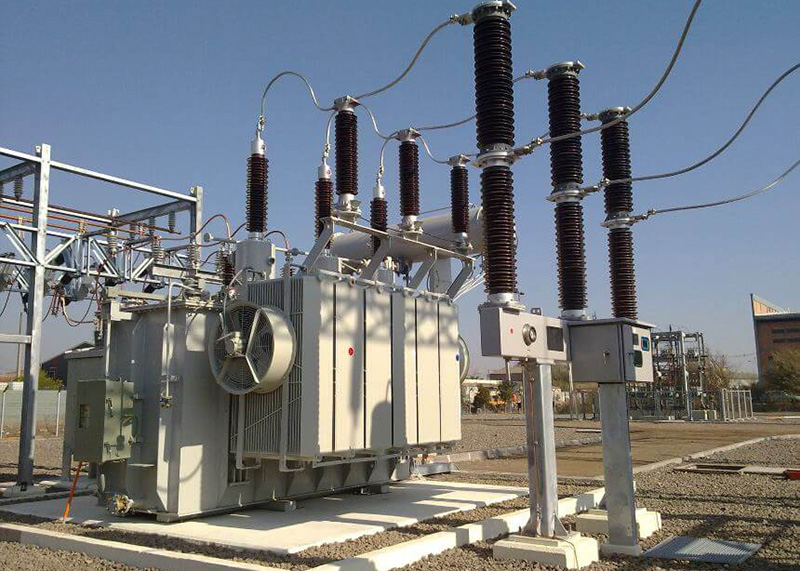The Complete Guide to Buying and Exporting Electricity from Zimbabwe
The Complete Guide to Buying and Exporting Electricity from Zimbabwe
In the face of regular power outages, many small and medium-sized businesses in Zimbabwe are moving to hybrid systems that combine traditional diesel generators with renewable energy sources such as solar, hydro and wind. A hybrid system is an energy supply strategy that combines two or more different sources of power to reduce risk and increase reliability. With the right partners, it’s not uncommon for a hybrid system to produce renewable energy surplus that can be sold back to the national grid. In this blog post we will explore how you can buy and export electricity from Zimbabwe.
What is the current state of the Zimbabwean energy supply?
The Zimbabwean energy sector is in a state of crisis. The country has experienced significant power shortages since 2008, with many areas experiencing rolling blackouts that can last for up to 12 hours each day. In July 2018, a severe drought caused water levels on the country’s hydroelectric power stations to drop to dangerously low levels, causing the government to impose load shedding (controlled power blackouts). This resulted in a substantial increase of up to 8 hours of blackouts a day, which has severely affected businesses.
How to buy and export electricity in Zimbabwe
Buying and exporting electricity from Zimbabwe is not a straightforward process. However, it does present an opportunity for businesses that are looking to reduce their carbon footprint, hedge against future price increases or diversify their energy supply. The first step in the buying and exporting electricity process is to assess the state of your current energy supply and identify areas for improvement. Once you’ve decided on which renewable energy source best suits your needs, you can begin the process of buying and exporting electricity from Zimbabwe.
Limitations of buying and exporting electricity from Zimbabwe
The electricity grid in Zimbabwe is extremely fragile, meaning there is little room for error. The country’s energy standards fall well below global standards and the national grid is regularly mismanaged by the country’s government. This can cause major disruptions to the energy supply, which can severely impact the reliability of a hybrid system. For this reason, it’s important to thoroughly assess your current energy supply and determine whether a hybrid system is right for your business. If a hybrid system does make sense for your business, you’ll need to find a partner to buy and export electricity from Zimbabwe.
Exporting energy from Zimbabwe – an overview
There are three main ways to buy and export electricity from Zimbabwe. The first is to build your own renewable energy source and connect it to the national grid. The second is to purchase a hybrid system that has been connected to the national grid. Finally, you can purchase carbon credits generated by a renewable source in Zimbabwe. While the first option is the most straightforward, it’s important to note that it requires significant upfront capital. The second and third options are much more accessible to businesses operating on a smaller budget. When it comes to the latter, it can be difficult to determine if you are buying real carbon credits or fraudulent credits.
Finding a reliable partner to import and export electricity
Ultimately, the best way to find a reliable partner to buy and export electricity is through word of mouth. The best way to kickstart this process is to speak to your existing suppliers and network with other businesses that are currently buying renewable energy. You can also reach out to local and international NGOs that have been working in the renewable energy sector for years. If you have any connections to government officials or utility providers, now is the time to call them. Once you begin networking, you will likely come into contact with a number of suppliers that can help you navigate the buying and exporting electricity process.
Conclusion
The Zimbabwean energy sector is in desperate need of reform, and businesses are increasingly looking for ways to buy and export electricity from Zimbabwe. However, it’s important to note that there are no guarantees when it comes to buying and exporting electricity. There is no doubt that investing in a hybrid system can be risky, but that is true of any major business decision. Ultimately, the decision to buy and export electricity from Zimbabwe is up to you.








LEAVE A COMMENT
You must be logged in to post a comment.